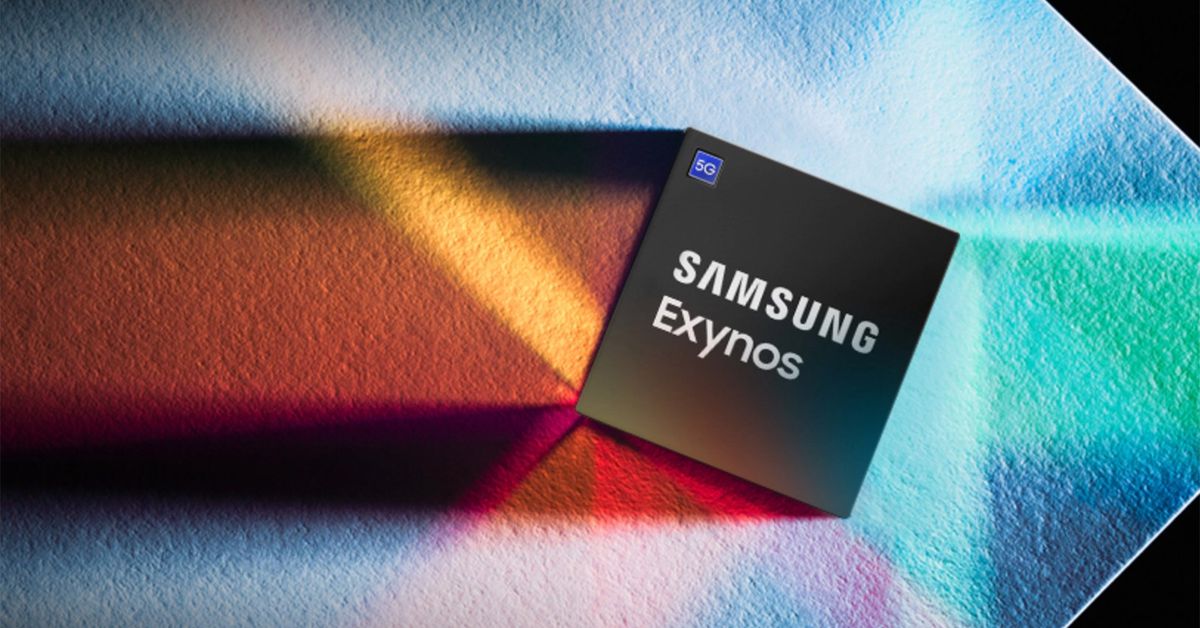
Samsung has announced a 10-year, $116 billion plan to take over the lead as the world’s foremost processor maker by 2030, as reported by Bloomberg today. The Korean chaebol already enjoys the premier position when it comes to selling mobile memory chips, and Bloomberg notes that its semiconductor division accounted for three quarters of its 2018 operating income. Which is to say that, as much as we focus on Samsung’s consumer products like the Galaxy S10 and flop-of-the-year candidate Galaxy Fold, the company’s money is made chiefly by building the internal chips that feed and power consumer electronics. Even Apple has little choice but to use Samsung’s displays and memory.
What Samsung is looking to do now is to compete with the likes of TSMC (Taiwan Semiconductor Manufacturing Co.), which performs the manufacturing duties for companies that design their own chips, such as Apple. Samsung is keen for a slice of that business, though it will also be continuing to design chips as well, thus going up against the likes of Qualcomm, whose Snapdragon processors are abundant among Android flagship devices, including Samsung’s own in the United States.
Huawei and Apple have developed successful in-house processor designs, with their respective Kirin 980 and A12 Bionic chips headlining devices like the P30 Pro and iPhone XS. Samsung’s Exynos line of mobile processors has been around for years as well, however it has struggled to keep up with Huawei and Apple’s more aggressive rate of improvement.
With its new plans to spend big on strengthening its mobile processor division, Samsung anticipates creating 15,000 new research and production jobs. TSMC, as noted by Bloomberg, is spending roughly as much on an annual basis, with its 2019 budget being north of $10 billion. So this is indeed very big business built around very tiny chips, and there are no guarantees that Samsung’s investment will necessarily pay off.
In the long run, Samsung can expect more stability from its semiconductor production, both memory and processors, than the consumer products side that includes Galaxy phones, tablets, and watches. The latter is subject to the fickle tastes of the popular market, whereas establishing a lead in the former will mean that Samsung profits no matter who sells the final device.
https://www.theverge.com/2019/4/24/18513906/samsung-semiconductor-chips-money-apple-huawei-qualcomm

